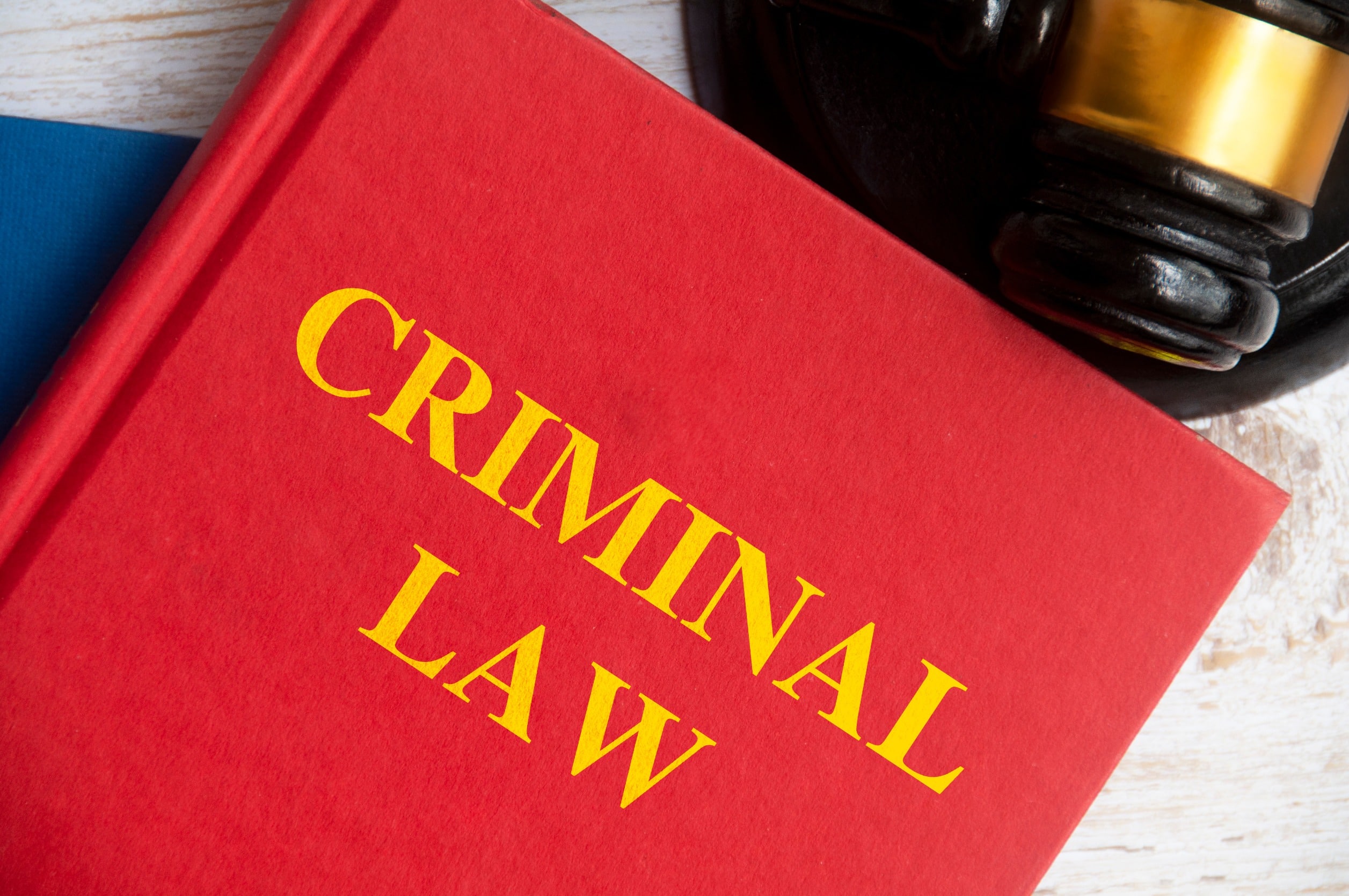Our Blog
Someone Else’s Prescription Drugs in Minnesota: Is It a Crime?



Imagine this: you’re stopped by law enforcement, and they find prescription medication in your possession. It’s not yours, but you’re holding onto it for a friend or family member. You think, “This can’t possibly be a problem, right? I’m just helping someone out.” However, in Minnesota, possession of someone else’s prescription drugs can lead to serious legal consequences.
Prescription drugs are heavily regulated, and having them without authorization can result in criminal charges, even if you just made an honest mistake. If you’re facing charges or even being investigated, your next steps can have a significant impact on the outcome of your case and your future. Working with a drug crime defense attorney can make all the difference in protecting your rights and building a solid defense.
Legal Framework in Minnesota
Minnesota’s Controlled Substances Act outlines the rules for possessing, distributing, or using prescription medications. The penalties are based on factors such as the drug’s classification, quantity, and circumstances of possession. Drugs are categorized into schedules based on their potential for abuse and accepted medical use.
Prescription medications, such as opioids, sedatives, or stimulants, often fall into the same categories as illicit drugs like heroin or cocaine when possessed without authorization. This classification emphasizes how seriously the state views misuse or unauthorized possession.
Scenarios Where You Can Be Charged
Possession Without a Prescription
One of the most common situations occurs when someone is found holding medication that wasn’t prescribed to them. This could include scenarios where you’re carrying a friend’s painkillers after surgery or holding onto a family member’s anxiety medication while traveling. While your intentions may be innocent, the law doesn’t differentiate. If the medication is found in your possession, law enforcement may assume wrongdoing.
For example, if you’re pulled over during a routine traffic stop and officers discover a bottle of pills in your car, you could face charges even if you had no plans to use the medication. Law enforcement doesn’t rely on explanations – they rely on evidence.
Possession in Suspicious Circumstances
Even being in proximity to prescription drugs can result in charges if the circumstances seem questionable. Suppose you’re at a party, and someone leaves their prescription pills in your bag or pocket. If law enforcement conducts a search and finds those pills, you could be held responsible.
The situation becomes even more complicated if the drugs are not in their original container or if their intended purpose is unclear. It’s difficult to prove that the medication wasn’t unlawfully obtained without the proper prescription information.
Distribution or Intent to Distribute
Another common scenario involves accusations of distributing or intending to distribute prescription drugs. This can occur if law enforcement finds a significant quantity of medication in your possession or evidence suggesting that you were sharing or selling them. Even sharing a single pill with someone else could lead to charges of distribution.
Possession of packaging materials, multiple prescriptions in different names, or large quantities of pills can escalate the situation significantly. Law enforcement often assumes intent to distribute based on circumstantial evidence.

Penalties for Unlawful Prescription Drug Possession
Penalties for unlawful possession of prescription drugs in Minnesota depend on the drug’s classification, quantity, and your criminal history. Misdemeanor charges may involve fines and short jail time, while possession of larger amounts of drugs or Schedule II substances like opioids often leads to felony charges. Felony convictions carry severe consequences, including prison time, substantial fines, and a lasting criminal record that can impact employment and housing opportunities. Even minor charges can disrupt your life and create long-term challenges. Employers, landlords, and college institutions often view drug-related convictions unfavorably, making it difficult to rebuild. Working with a skilled defense attorney is essential to mitigate these outcomes and protect your future.
Defenses Against Prescription Drug Charges
Proving the medication was legally prescribed to you is a strong defense and may require presenting documentation like a prescription label or doctor’s note. If you were unaware of the drugs’ presence—such as medication placed in your belongings without your consent—this can also be argued as a valid defense.
Challenging Evidence
An attorney can challenge evidence obtained through illegal searches or seizures, potentially excluding it from the case. Without this evidence, the prosecution’s case may weaken significantly. Other evidence, such as witness statements or claims of intent to distribute, can also be questioned.
Mitigating Circumstances
Even if you’re unable to avoid charges altogether, your attorney can argue for reduced penalties based on mitigating factors. For example, if this is your first offense, the court may be more lenient in sentencing. Cooperation with authorities or participation in drug treatment programs can also demonstrate your commitment to addressing the situation responsibly.

Contact a Minnesota Criminal Defense Attorney
Possessing someone else’s prescription drugs might seem harmless, but in Minnesota, it can lead to serious legal trouble. The law treats unauthorized possession of prescription medications as a crime, often resulting in steep fines, jail time, and long-term consequences on your personal and professional life.
At Wolfgram Law Firm, we focus on providing tailored legal solutions for clients facing drug-related charges. From scrutinizing evidence to challenging procedural errors, we’ll work to minimize the impact of these allegations. Let us help you navigate this difficult time and fight for a positive outcome. Contact us online or call 954-606-6606 for a confidential consultation.





